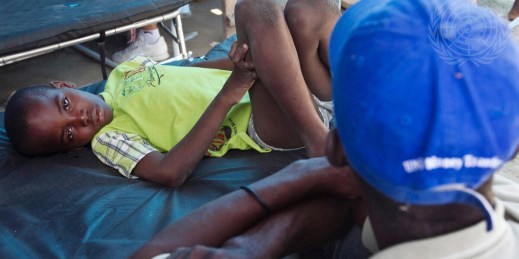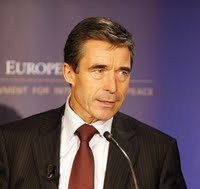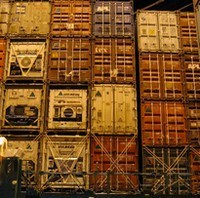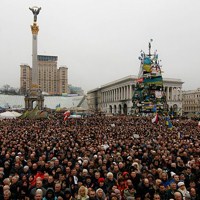
In recent years, the security threats facing humanitarian aid workers have been the subject of headlines and debates. The humanitarian advocacy community has been filled with discussions of a perceived increase in the politicization of humanitarian aid—attributed in part to declining respect for the humanitarian principles of humanity, neutrality, impartiality and independence—and growing difficulties ensuring operations can be conducted in accordance with those principles. These discussions frequently highlight attacks on relief personnel and assets to show that humanitarian workers are under attack. In the past year, the focus has narrowed to a particular area of humanitarian operations: medical and health […]









